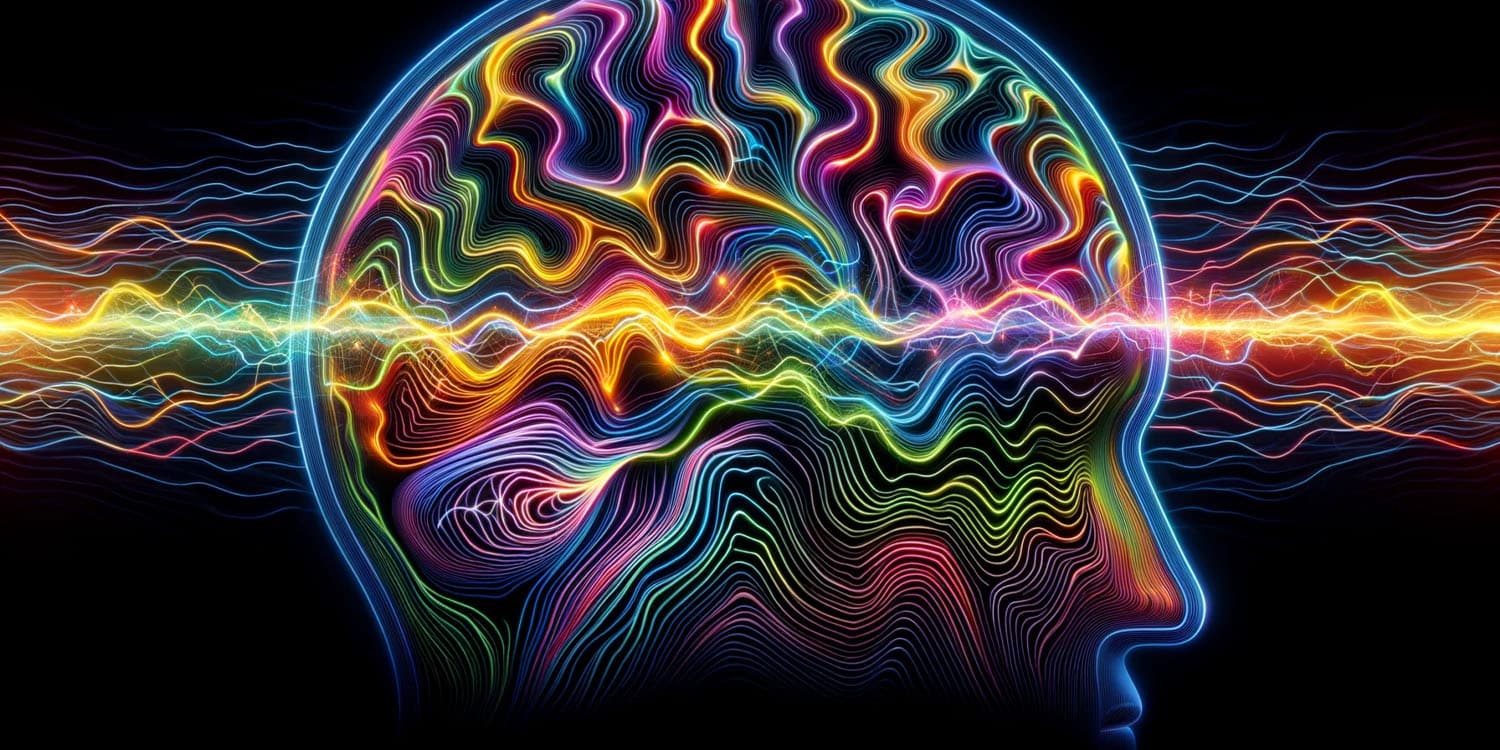Recent research has revealed that learning negative information about an artist can change how we perceive their artwork, both emotionally and cognitively. Regardless of how famous the artist is, negative biographical details affect our emotional responses, aesthetic judgments, and even the neural processing involved in viewing their work. The findings have been published in the journal Scientific Reports.
Art has always been seen as a window into the soul of its creator. However, in light of numerous scandals involving well-known figures in the art world, society has become increasingly interested in whether we should separate the art from the artist. This question prompted researchers to examine how knowing negative details about an artist might influence our perception of their artwork. They aimed to investigate if an artist’s fame could either protect their work from or expose it to the effects of such negative knowledge.
“In light of the numerous abuse allegations involving high-profile individuals in the arts in recent years, the age-old question ‘Do we separate art from the artist?’ has garnered significant media coverage and public attention,” said study author Hannah Kaube, a doctoral candidate at Humboldt University of Berlin and member of the Abdel Rahman Lab for Neurocognitive Psychology.
“Art is a pervasive and influential aspect of our lives, and like many others, I became very interested in the topic and its broader implications. As someone passionate about both art and psychology, I found myself particularly drawn to the complexities of this issue. I felt it was important to add an empirical perspective to the theoretical discourse so that we could better understand how our perception of art is influenced by our knowledge of the artist.”
The researchers conducted two experiments to explore this question.
In the first experiment, the researchers aimed to understand how negative biographical information about artists influences the perception of their artworks.The experiment included a total of 36 German-speaking adults. These participants had no formal education in art or art history, thus representing a general audience.
The experiment used paintings associated with eight famous and eight fictional unknown artists. For each artist, both negative and neutral biographical stories were created. None of the paintings were actually made by the famous artists but were selected to closely resemble their styles. Participants rated each painting for liking, arousal, and quality before and after learning the biographical information.
The researchers found that after learning negative information about the artists, participants rated the paintings less favorably. Specifically, paintings by artists associated with negative biographical details were liked less, found more arousing, and judged to be of lower quality compared to those associated with neutral information. These effects were consistent regardless of whether the artist was famous or unknown.
The second experiment aimed to examine the cognitive processes associated with participants judgments by recording participants’ brain activity. The experiment included 32 right-handed, German-speaking adults. Similar to the first experiment, participants had no formal art education and were selected based on a pre-screening process that ensured familiarity with the famous artists and no professional art background.
The same set of paintings and biographical stories used in Experiment 1 were employed in this experiment. Participants first rated the paintings for liking, arousal, and quality before any biographical information was provided. During the learning phase, participants were presented with the paintings along with the biographical details multiple times to ensure the information was well-learned.
The key aspect of this experiment was the recording of brain activity using electroencephalography (EEG). Participants’ brain responses were monitored while they viewed and rated the paintings after the learning phase. The EEG recorded the electrical activity of the brain, focusing on specific components associated with emotional and cognitive processing.
Similar to Experiment 1, negative biographical information led to less favorable ratings. The EEG data revealed that this negative information elicited enhanced early brain responses associated with emotional processing.
Together, the experiments demonstrate that negative biographical information about an artist can alter both emotional responses and aesthetic judgments of their artwork. This effect occurs regardless of the artist’s fame and is reflected in early neural processing stages.
“When we learn negative information about an artist, it can alter how much we like their work, how emotionally engaging we find it, and how we judge its quality,” Kaube told PsyPost. “This effect occurs regardless of whether the artist is famous or unknown. The changes in brain activity we investigated indicate that paintings by artists about whom we know something negative are not only consciously evaluated differently but also perceived differently.”
“While our research sheds light on how our perception of art can be influenced by negative knowledge of the artist, it’s important to note that this does not address whether we should continue to endorse their work or not,” she noted. “Even as we gain insights into the mechanisms at play, the decision to (attempt to) separate the art from the artist remains a deeply personal one.”
The study, “Art perception is affected by negative knowledge about famous and unknown artists,” was authored by Hannah Kaube and Rasha Abdel Rahman.

